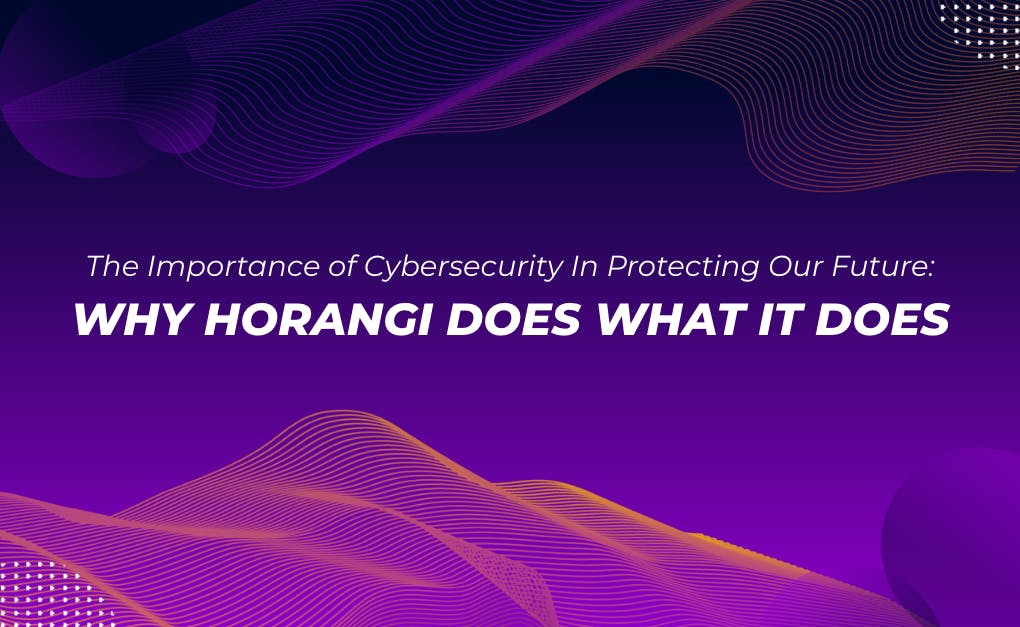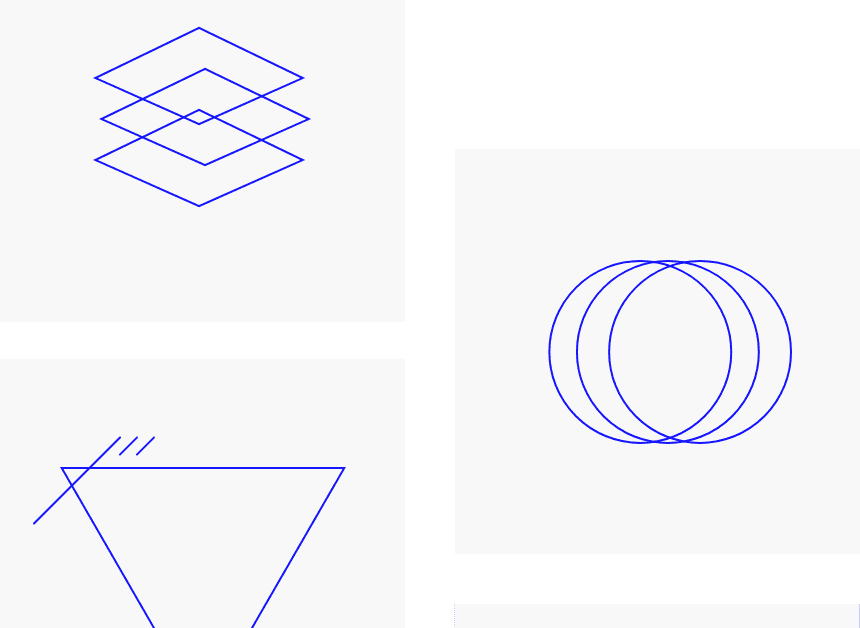How often do you pause what you are doing and recall why you are doing what you are doing?
Most of us are usually so caught up in the daily grind that we tend to forget or lose sight of our initial motivations. I am no different.
That is, until just the other day when a customer thanked me for building a company that is focused on solving cybersecurity problems in this region. He added that it was exciting and meaningful for him and the community to see that people and companies like Horangi are so invested in solving this issue in Asia.
Nobody had so succinctly stated the vision that Lee Sult and I had when we first started Horangi, and it reminded me that I have never really shared why we do what we do.
Protecting Your Identity and Privacy
The Covid-19 pandemic has hastened the adoption of all things digital. E-commerce, digital payments and remote working arrangements are fast becoming the norm now.
In order to facilitate employees to do their work remotely, companies quickly adopted cloud technologiescompanies quickly adopted cloud technologies. It does not matter if companies adopt a hybrid or full cloud environment, your data and private information are now in the cloud.
In September 2020, a Singapore-based start-up offering hotel management and booking services platform with more than 1,000 properties across Southeast Asia admitted to suffering a data breach. At the time of the press release, the company said that no passwords or financial information were compromised to the best of their knowledge.
Just two months later, a threat actor began selling 5.8 million records stolen from the breach. Each record contained members’ emails, bcrypt-hashed passwords, full names, links to profile photos, genders, phone numbers, dates of birth, and occupations.
The implications of the loss of such sensitive data cannot be understated. Criminals can use the personal information to take up unsecured loans, sign up for services, and generally unleash a slew of problems for you.
Preventing data breaches requires a multi-faceted approach including ensuring that:
- The organization has the right cybersecurity monitoring tools in place and that
- The organization complies with mandatory international and territorial standards governing privacy and payment security such as PCI DSS, GDPR, etc.
At Horangi, we help companies effectively monitor their cloud infrastructure and ensure compliance to standards to protect your data and private information on the cloud from being stolen.
Protecting The Companies You Work For And Do Business With
Companies suffer financial losses, damages to their trustworthiness and reputations when they are victims of a cyber attack. Their operational effectiveness is also usually significantly reduced too.
That said, companies need to continue innovating to offer new services in the cloud, so they usually find themselves walking a fine line between pushing innovation and ensuring that they are safe from cyber attacks.
Introducing new cloud services usually means deploying more cloud resources, so the organization needs to stay a step ahead and ensure that new cloud resources are actively monitored and secured.
In reality, that’s easier said than done. Cloud resources are dynamic, unlike traditional setups where organizations will have to deploy a new physical server to expand service offerings. Most organizations just do not have sufficient manpower or the required expertise to keep up with the dynamic nature of cloud deployments.
Organizations need to be able to innovate without having to worry about the security of their cloud infrastructure at every step, even to the point where they hold back offering new services for fear of exposing themselves to cyber attacks.
In other words, organizations must be empowered to innovate without fear.
And that’s just what Lee and I initially set out to do and have now accomplished.
Today, Horangi WardenHorangi Warden seamlessly integrates with your cloud environment to actively scan for vulnerabilities and allows you to quickly and easily remediate any issues, sometimes with just a click of your mouse.
To further secure your cloud environment, we also offer servicesservices that walk you through step-by-step instructions on how you can fix the vulnerabilities and actively monitor potential threats.
With Warden and our suite of professional services, we protect the companies you work for and do business with and help enable them to innovate without fear.
Protecting Our Way Of Life
Since the dawn of conflicts, sabotaging an enemy’s key installations and water supply have proven time and again to be effective in significantly weakening the enemy.
In February 2021, a threat actor managed to infiltrate the internal network of a water treatment plant in Oldsmar, Florida via TeamViewer, a remote access software. The threat actor’s plan was to increase the levels of sodium hydroxide in the treated water supply.
Fortunately, the plan was thwarted by an alert operator who noticed that the usual level of sodium hydroxide was reset from 100 ppm to 11,100 ppm.
Can you imagine the carnage if the threat actor had been successful?
Today, we are highly dependent on other essentials to maintain our way of life. Besides water, we need electricity, emergency services, healthcare, etc. These services are now in the cloud to increase efficiency and therefore increasingly susceptible to cyber attacks.
Ransomware attacks have become more prevalent against essential service providers. The world as we know it can come to a grinding stop if essential service providers are crippled. Threat actors know this all too well, and therefore are confident that the ransoms will be paid when they target these providers.
What typically happens in a ransomware attack is that threat actors would encrypt and lock up an organization’s critical data, thus preventing the organization from functioning. Organizations will need to pay a substantial “ransom” to the threat actors to decrypt and unlock the data so they can resume operations.
More than just crippling organizations, ransomware has in recent times even caused deaths.
A ransomware attack in University Hospital Düsseldorf on 10 September 2020 crippled the hospital’s ability to admit new patients, which forced them to reroute all incoming cases to other hospitals. As a result, a woman with a life-threatening condition could not be attended to but was instead sent for treatment to a hospital 20 miles away, resulting in her death.
Ransomware attacks do not happen overnight. Most times, threat actors would probably have infiltrated your network then stayed dormant. While hidden, they study your operations and business processes to determine what and where the critical systems and information are.
That is why at Horangi, we strongly believe that it is not enough to just answer the question of whether your network can be hacked, but also whether your network has already been compromised.
Besides penetration tests and vulnerability assessments which tell you if your network can be hacked, we also offer a Compromise AssessmentCompromise Assessment service to hunt down and expose hidden threats within your network.
At Horangi, we help protect our way of life by implementing a holistic approach to securing your network -- preventing external threats from hacking your network and eliminating dormant threats within your network.
Protecting The Nation
Singapore is one country that has a comprehensive approach to the city-state’s defense.
Originally consisting of five pillars of total defense, the Singapore government added the sixth pillar in 2019 -- digital defense -- in recognition of the increasing threat of cyber attacks on sovereign nations.
In December of that same year, Singapore’s Ministry of Defence (Mindef) experienced a breach where 2,400 personal information of servicemen were leaked from a vendor of the ministry, including their full names, identification and phone numbers, and residential and email addresses.
The attacker’s phishingphishing attack had paid off -- someone within the vendor organization had taken the bait and inadvertently gave access to the sensitive information to the attacker.
Although there was no mention of how long the phishing attempts were carried out, one thing is certain: there are always threats to networks, and some of them are increasingly difficult to detect.
Traditional tools such as antivirus software are no longer effective; More sophisticated tools are required to detect today’s threats.
That is why, in addition to Warden , Horangi partners with leaders and visionaries categorized within Gartner Magic Quadrant-reviewed Endpoint Protection Platforms to deliver real-time capabilities to detect and eliminate cyber threats as part of our efforts to help protect the nation.
Realizing the Vision
I am proud of how far Horangi has come.
However, our flagship product Warden, our services, and ultimately, our success today would not have been possible without the most important factor - the people of Horangi.
I am blessed to work with some of the most driven and knowledgeable cybersecurity professionals from the region who are always giving their best in whatever they do. Their dedication to their work and helping our customers safeguard their businesses against cyber attacks are, dare I say, second to none.
Experience It For Yourself Today!
They say a picture paints a thousand words, but I would like to add that nothing beats an actual experience.
I could go on and on about how dedicated we are, and how passionate we are about safeguarding our collective future with cybersecurity. However, it would certainly be better if you hear directly from our customers like Zave, CardUp, and Santara. Let them tell you their stories about how we helped them safeguard their businesses and ventures from cyber attacks.
And, should you decide to find out more about Horangi after reading their success stories, do give our friendly people a call or contact us via email at [email protected].




